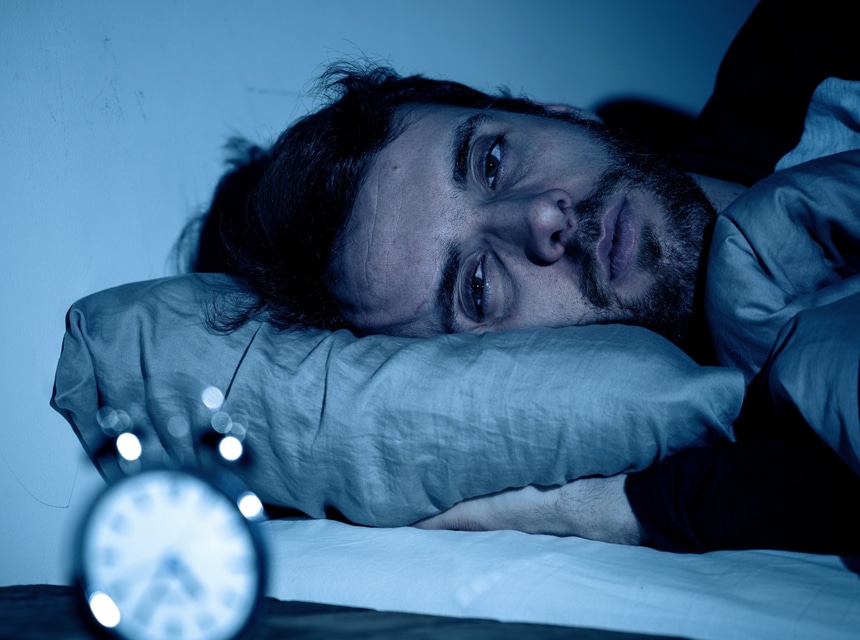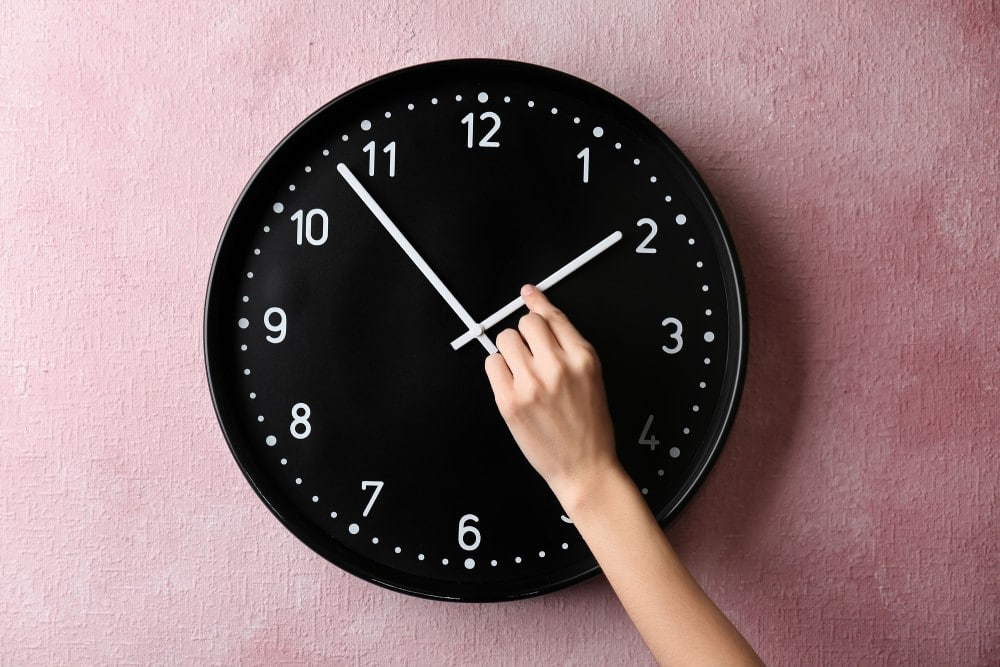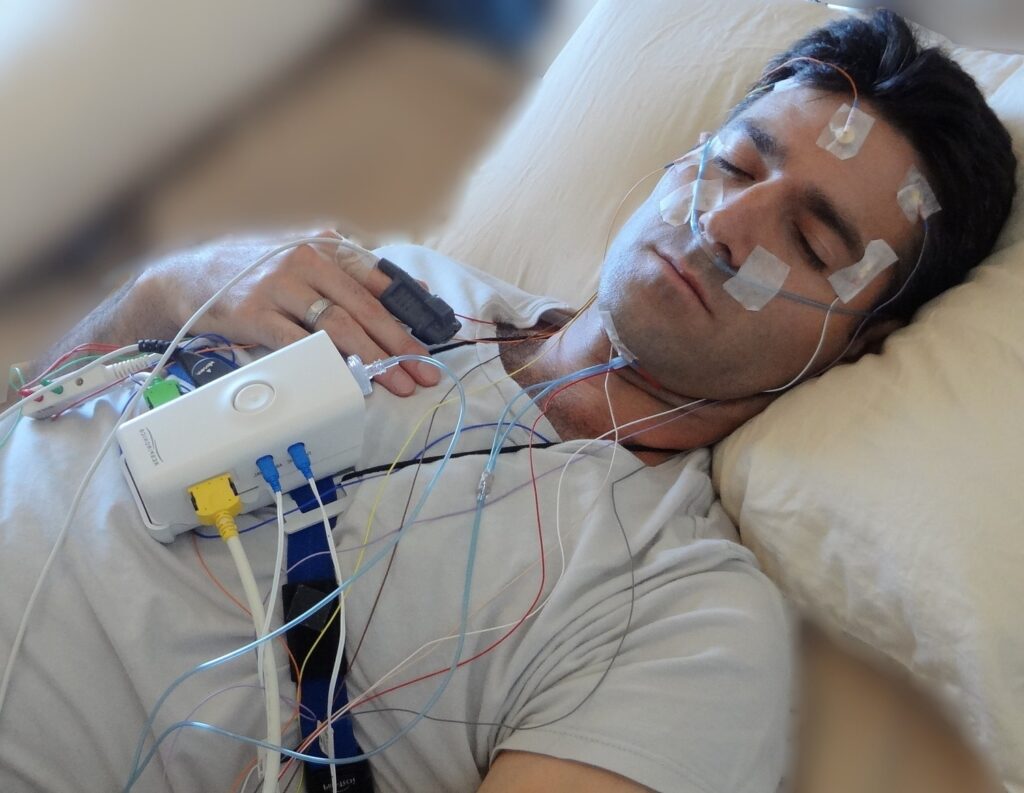

Numerous studies have been conducted on sleep patterns in adults. Many of these studies have shown that sleeping with a partner has more positive results than sleeping alone. Some of these positive results include but are not limited to; more sleep time; less fatigue, and less severe insomnia.
To further strengthen the case, a research team from the University of Arizona conducted a study that showed sharing a bed with a spouse allows you to sleep better than alone. Moreover, sleeping with a partner helps fall asleep faster, get more sleeping hours, and the risk of sleep apnea is drastically reduced.
However, this study is complex. There is a large number of reports from adults sleeping with their children that they have less control over their sleep, greater insomnia severity, and greater risk of sleep apnea. This clarifies that sleeping with a partner strictly refers to a “partner”, not pets or children, at least to the extent of this study.
Furthermore, the team of researchers came across another discovery. Sleeping with a partner has a direct relation to lower depression, stress scores, and anxiety. In addition, there is greater satisfaction with life, relationships, and increased social support. On the contrary, sleeping with children resulted in fairly higher stress scores. Similarly, sleeping alone was also associated with lower social support, comparatively higher depression scores, and worse life and relationship satisfaction. The gist of which is that sleeping alone or with children has a significant negative impact on the mental health of adults.
The lead author from the undergraduate researcher in the department of psychiatry at the University of Arizona, Brandon Fuentes suggested that sleeping with your spouse has exhibited the most favorable results and great benefits on sleep health. Some of these include reduced sleep apnea risk and overall sleep quality improvement.
The study was survey-based and therefore involved significant analysis of collected data in the SHADES (Sleep and Health Activity, Diet, Environment, and Socialization) study of precisely one thousand and seven working-age adults who are located in southeastern Pennsylvania. The data on bed sharing was evaluated via survey and the sleep health factors were assessed with common tools such as STOP-BANG apnea score, Insomnia Severity Index, and Epworth Sleepiness Scale.
The directory of the Sleep and Health Research Program from the University of Arizona explained great a deal of how important these findings were and could have a positive impact on human lives. In addition, he clarified that there are only a handful of research studies that explore this topic and not much is available to work on. However, this particular study discusses the impacts of sleeping alone, with a family member, children, a partner, and even a pet. Comparing all the associations shows that the highest benefit is from sleeping with your partner while sleeping with any of the others has a negative impact. In light of this, the study is comparatively more comprehensive and covers a variety of aspects.





